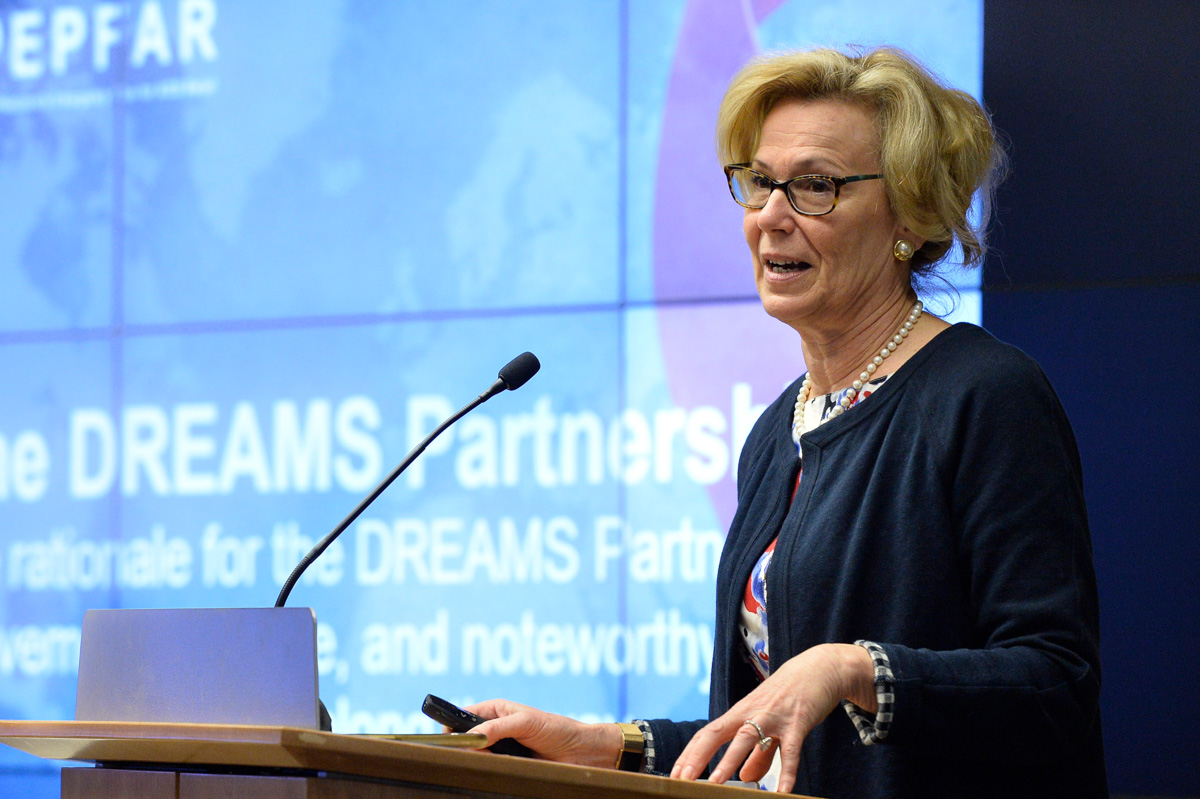Ideas to action: independent research for global prosperity
PEPFAR
More from the Series
Blog Post
August 10, 2022
PEPFAR’s new strategy—to be released in final form later this year—focuses on how to accelerate progress toward epidemic control amidst continued impacts from COVID-19, while also strengthening core health system functions as well as partnership and coordination efforts; this is precisely what the c...
Blog Post
March 19, 2019
PEPFAR has long enjoyed bipartisan support on the Hill. Yet, it has not been spared from significant cuts in President Trump’s latest budget request for foreign aid. It is noteworthy that this administration’s three successive budget requests have proposed increasingly large cu...
Blog Post
December 03, 2018
On World AIDS Day, December 1, we honor the advocates that transformed HIV/AIDS from a death sentence to a chronic disease. These activists bequeathed a golden age of global health—a boom in money and programs that is sustained today, evidenced by the recent reauthorization of PEPFAR. But...
Blog Post
August 09, 2018
In July, United States Global AIDS Coordinator Deborah Birx made a striking commitment: under her leadership, the President’s Emergency Plan for AIDS Relief (PEPFAR) would direct at least 40 percent of its funding to host country governments or organizations by the end of 2019—rising to ...
Blog Post
July 12, 2018
In recent years many global health institutions—particularly Gavi and the Global Fund—have adopted eligibility and transition frameworks for the countries they support. These frameworks lay out criteria under which countries will lose eligibility for their support, and, typically, a grad...
WORKING PAPERS
July 10, 2018
In recent years, many global health institutions have adopted eligibility and transition frameworks for the countries they support, generating questions about how these frameworks apply in practice—and whether global health progress will be put at risk through premature or poorly planned trans...






